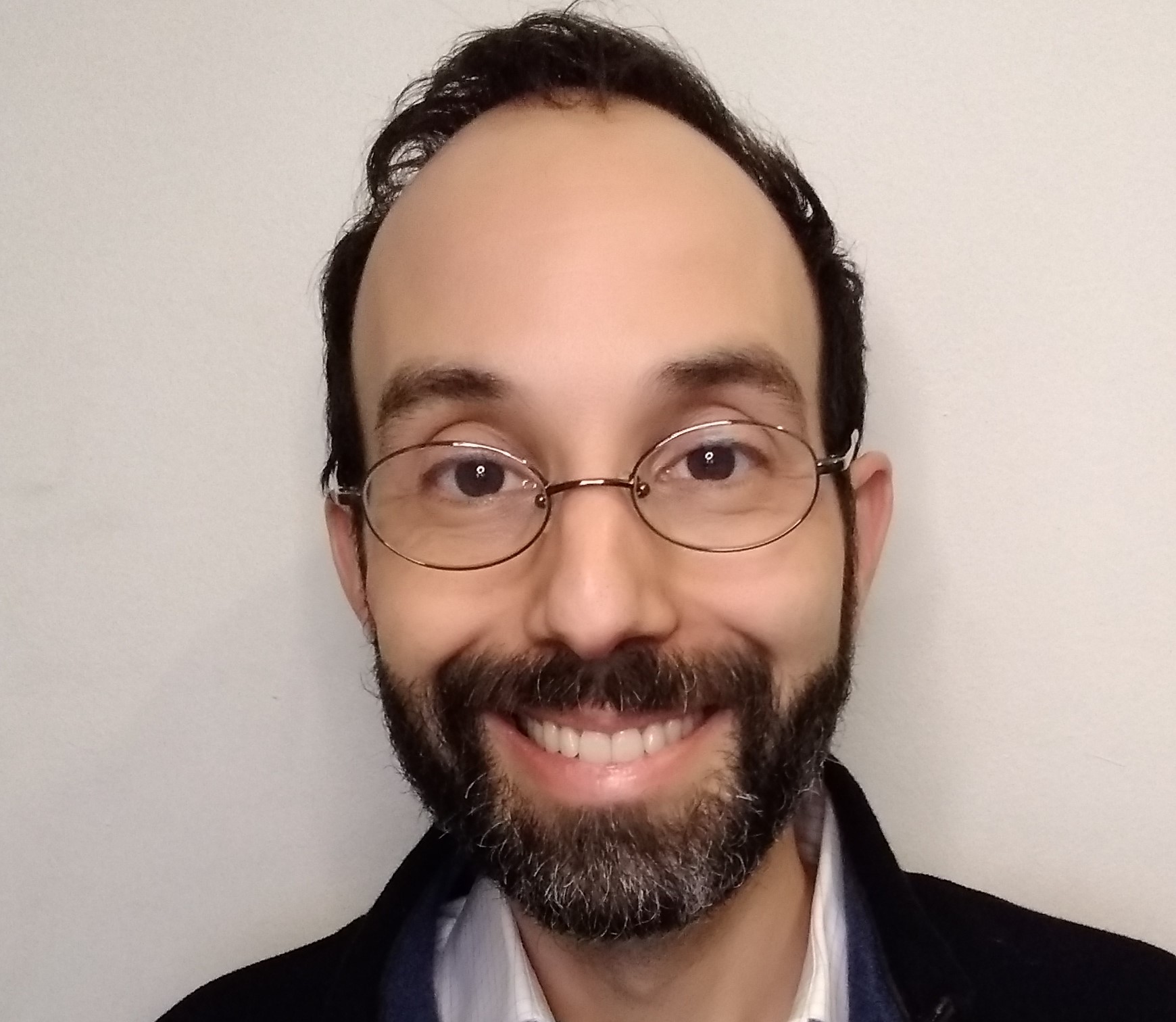A popular chant going around the streets in Israel’s pro-democracy protests begins with a rousing, wordless singalong, then switches to a catchy rhyme brimming with chutzpah and self-confidence:
“Im lo yihyeh shivyon / napil et hashilton / nafaltem al hador halo nachon.” This roughly translates as: “If we don’t get equality, we’ll bring down the regime, you’re messing with the wrong generation!”
This is the youthful strength of protest movements around the world: a certainty that this generation is the one that knows the path to freedom and justice in a way that eluded those who came before. It’s the evergreen spirit of the psalmist who declared, “Zeh dor dorshav, this is the generation that desires God, that seeks Your face” (Psalm 24:6).
Yet the Torah in Parshat Ha’Azinu emphasizes the wisdom of looking backward. A young and militant generation stands on the cusp of the Promised Land, and is advised by Moses, “Remember the days of old / Consider the years of ages past / Ask your father and he will inform you, your elders and they will tell you” (Deuteronomy 32:7).
This is the voice that urges humility to the self-assured youth, that urges the new school to sit with the old school and absorb the lessons of the movements that paved their way. It suggests that today’s activists will make yesterday’s mistakes, yet will never live up to yesterday’s success. What, after all, compares to the Exodus from Egypt, the Big Bang of Liberation?
So, who has the greater insight? The cutting-edge activists of today or the giants of history?
Find more commentaries on Ha’Azinu.
The Ten Days of Teshuvah come to remind both cohorts of their fallibility. We beat our chests, tap our hearts, and confess. In the Talmud, we learn that the essence of Vidui, the confession of our sins, is simply to say, “Aval anachnu chatanu — For we have sinned” (BT Yoma 87b). We, the present-day idealists, acknowledge that we have already fallen short.
But in the Rambam’s (Maimonides’) text of prayer, he prescribes a slightly different version: “Aval anachnu v’avoteinu chatanu – For we and our ancestors have sinned” (Mishneh Torah, Seder Tefillah 4:13 according to the Oxford manuscript).
What a powerful transformation by adding just one word! Some liturgists objected to the Rambam’s emendation, reluctant to speak ill of our ancestors. But our communities have accepted it in machzors around the world. I think there are two reasons why.
On the one hand, it offers a profound leveling of the generations. The past and the present both stand in humility before the grandeur of the ideals, the vastness of the work, and the pain of falling short. We take a sort of comfort in knowing that we are neither the first nor the last to experience this hard education.
But on the other hand, it lets us know that part of our own suffering comes from the transgression and oppression that we have inherited from the past. We beat our own chests over the sins of our ancestors because we are now the ones responsible for repairing them.
Find more commentaries on Social Justice: Leadership and Philosophy.
The medieval Spanish ethicist, Rabbeinu Yonah, explains that “we are punished for holding onto the deeds of our ancestors” (Sha’arei Teshuvah 1:40). It’s a bracing choice of words, because normally we celebrate the expression, minhag avoteinu beyadeinu, “the custom of our ancestors is in our hands,” meaning that we have a duty to uphold their ways. But Rabbeinu Yonah says that when their ways were sinful, we suffered precisely for holding onto them.
We find that we have to learn from our ancestors with a dual dose of humility and chutzpah: both to learn from their wisdom and also to transcend their limitations. May our prayer and reflection during these High Holy Days help us to tell the difference. And may this generation be the right one after all.
Guy Austrian is the rabbi of the Fort Tryon Jewish Center, an independent traditional egalitarian congregation based in Washington Heights and Inwood, New York City.

